Aluminum and Stainless steel are two widely used materials in various industries. Wherever lightweight is a requirement, aluminum seems to be a good metallic option. Stainless steel is widely used as a corrosion-resistant ferrous metallic alloy. In this article, we will explore 12 major differences between stainless steel and aluminum.
1. Stainless Steel vs Aluminum: Appearance
Stainless steel is shiny whereas aluminum usually has a dull texture. However, weather can change appearances. Still, stainless steel will be brighter as compared to aluminum.
2. Stainless steel vs Aluminum: Composition
Aluminum is non-ferrous metal whereas stainless steel is ferrous where iron is the main constituent element. Pure aluminum is metal but stainless steel is an alloy.
3. Stainless Steel vs Aluminum: Strength to Weight Ratio
Even though stainless steel is stronger than aluminum because of its almost one-third weight It is one of the preferred materials in the automobile and aircraft industries. Aluminum has approximately half the strength compared to stainless steel. So, the strength-to-weight ratio of aluminum is better than stainless steel and this aspect makes aluminum a better choice in various industries.
4. Aluminum vs Stainless Steel: Corrosion Potential
In a normal environment, aluminum has very good corrosion resistance and does not rust. However, in some extremely acidic and base environments, it corrodes rapidly and can even result in catastrophic failure.
Stainless steel is an alloy of iron, chromium, nickel, manganese, and copper. The chromium is purposely added to generate a protective film and provide corrosion resistance. Also, as stainless steel is non-porous, it increases its corrosion resistance further.
5. Stainless Steel vs Aluminum: Thermal and Electrical Conductivity
When comparing both metals in terms of thermal conductivity, aluminum is better as compared to stainless steel. Because of this reason, aluminum is used widely for air conditioners and car radiators. However, stainless steel has high thermal resistance as compared to aluminum and thus can be used at high temperatures.
Aluminum has better electrical conductivity as compared to stainless steel.
6. Aluminum vs Stainless Steel: Cost
When comparing in terms of weight, Aluminum usually is costlier than stainless steel. However, when compared in terms of volume, due to low density, Stainless steel is costlier than aluminum.
Also, the aluminum refining process is less complex than producing stainless steel. This also reduces the cost of aluminum.
7. Stainless Steel vs Aluminum: Workability
Aluminum being soft is very easy to cut and form. On the other hand, Stainless steel is very difficult to form. For producing any customized shape, aluminum will take less energy and time as compared to stainless steel.
8. Aluminum vs Stainless Steel: Welding property
Aluminum is difficult to weld as compared to stainless steel. So, for applications involving an extensive amount of welding, stainless steel will be a better choice as compared to aluminum.
9. Aluminum vs Stainless Steel: Sparkability
While grinding stainless steel produces sparks whereas aluminum does not produce spark.
10. Aluminum vs Stainless Steel: Reactivity with food
Aluminum can affect the taste and color of certain foods. It is, therefore, stainless steel is preferred over aluminum in the food industry as stainless steel is non-reactive to foods.
11. Stainless Steel vs Aluminum: Occurrence
Aluminum is naturally available from bauxite ores. On the other hand, stainless steel is a fully man-made engineered alloy. Stainless steel is not naturally available.
12. Aluminum vs Stainless Steel: Magnetic Properties
Aluminum does not show magnetic properties but certain grades of stainless steel have magnetic properties.
The major differences between stainless steel and aluminum can be summarized below:
| Aspect | Stainless Steel | Aluminum |
|---|---|---|
| Composition | Primarily iron, with chromium (≥10.5%) and nickel | Primarily aluminum, often with copper, manganese, silicon, or magnesium |
| Density | High (around 8,000 kg/m³ or 8 g/cm³) | Low (about 2,700 kg/m³ or 2.7 g/cm³) |
| Strength-to-Weight Ratio | Lower than aluminum but high in absolute terms | Higher due to lower density, ideal for weight-sensitive applications |
| Corrosion Resistance | Excellent, especially with high chromium content | Good, but susceptible to galvanic corrosion when in contact with other metals |
| Conductivity | Lower thermal and electrical conductivity | High thermal and electrical conductivity |
| Thermal Expansion | Lower thermal expansion coefficient | Higher thermal expansion coefficient |
| Magnetic Properties | Can be magnetic (ferritic and martensitic types) | Non-magnetic |
| Machinability | More difficult to machine due to the hardness | Easier to machine |
| Formability | Moderate to good, depending on the grade | Excellent, easily formed into shapes |
| Weight | Heavy | Light |
| Durability | Extremely durable and wear-resistant | Durable, but softer and can dent or scratch easily |
| Surface Finish | Can have a high-quality, shiny finish | Typically has a matte or anodized finish |
| Recyclability | Highly recyclable | Highly recyclable |
| Cost | Generally more expensive | Generally less expensive |
| Common Uses | Kitchenware, medical devices, automotive parts, construction materials | Aerospace components, beverage cans, automotive parts, electronics |
| Environmental Resistance | Better suited for harsh environments and high temperatures | Better for applications requiring lightweight materials |
| Weldability | Generally good, especially with appropriate filler materials | Excellent, often used in structures that require extensive welding |
| Maintenance | Low maintenance, does not require coating | May require protective coatings or anodization for enhanced durability |
| Tensile Strength | Generally higher (around 400-500 MPa for austenitic grades) | Lower (typically around 90-130 MPa for commercial grades) |
Conclusion
Even though both aluminum and stainless have varying properties, both of them are highly useful materials. The selection between aluminum and stainless steel mainly depends on the application. So, the end-use dictates which material to be used for a specific application.

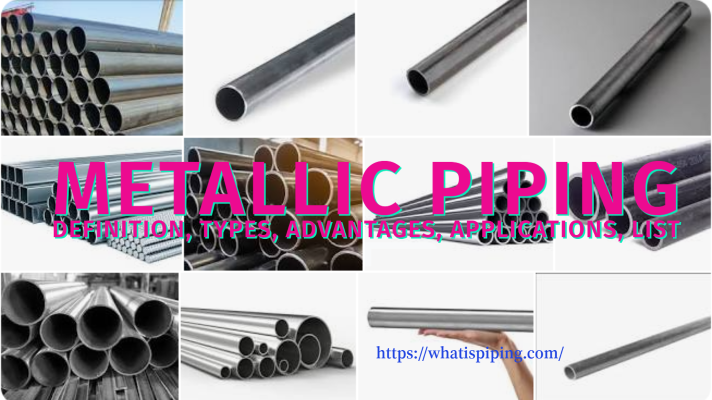
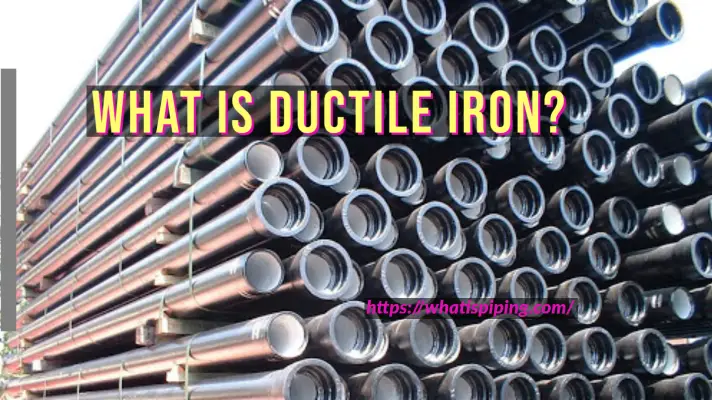
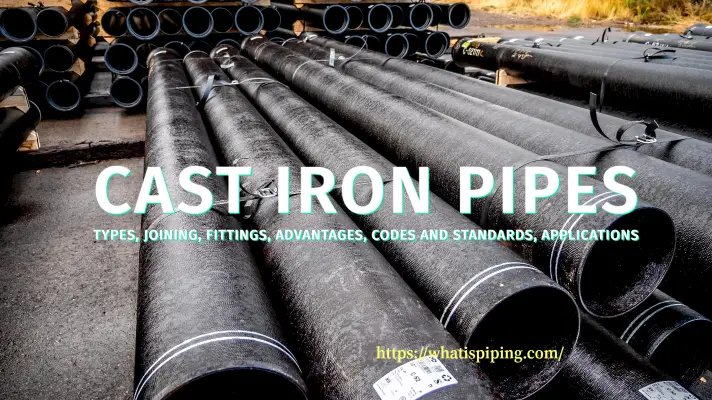
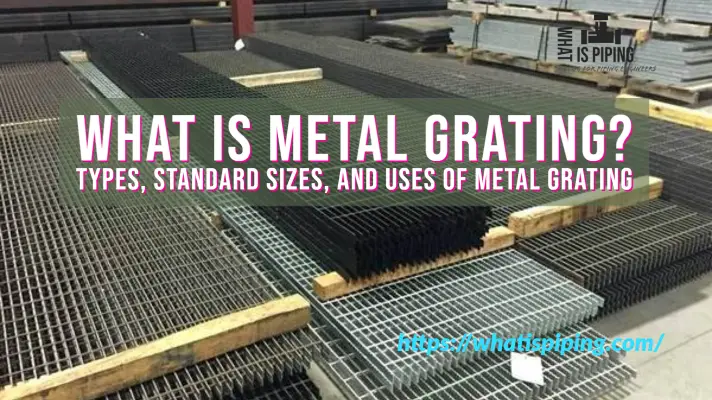
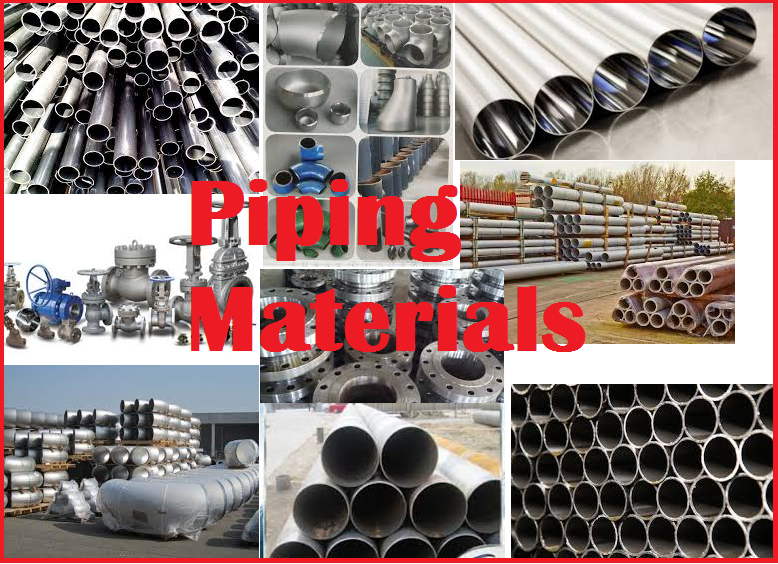

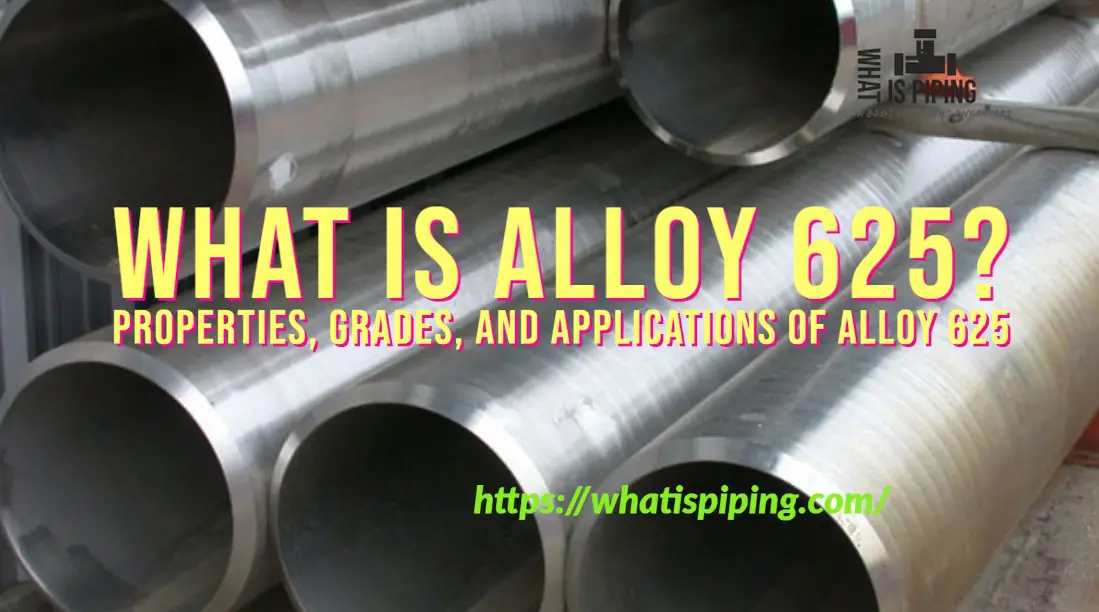
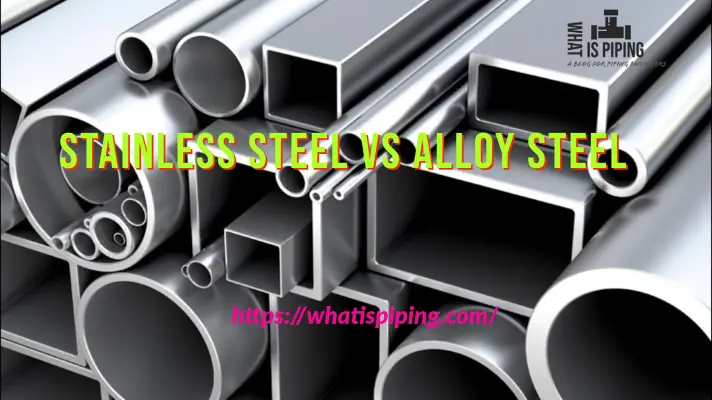
I learn lot of things by this information thank you very much and i’m very excited to get the information about the topic of how diploma mechanical engineer turns to be well experienced piping engineer